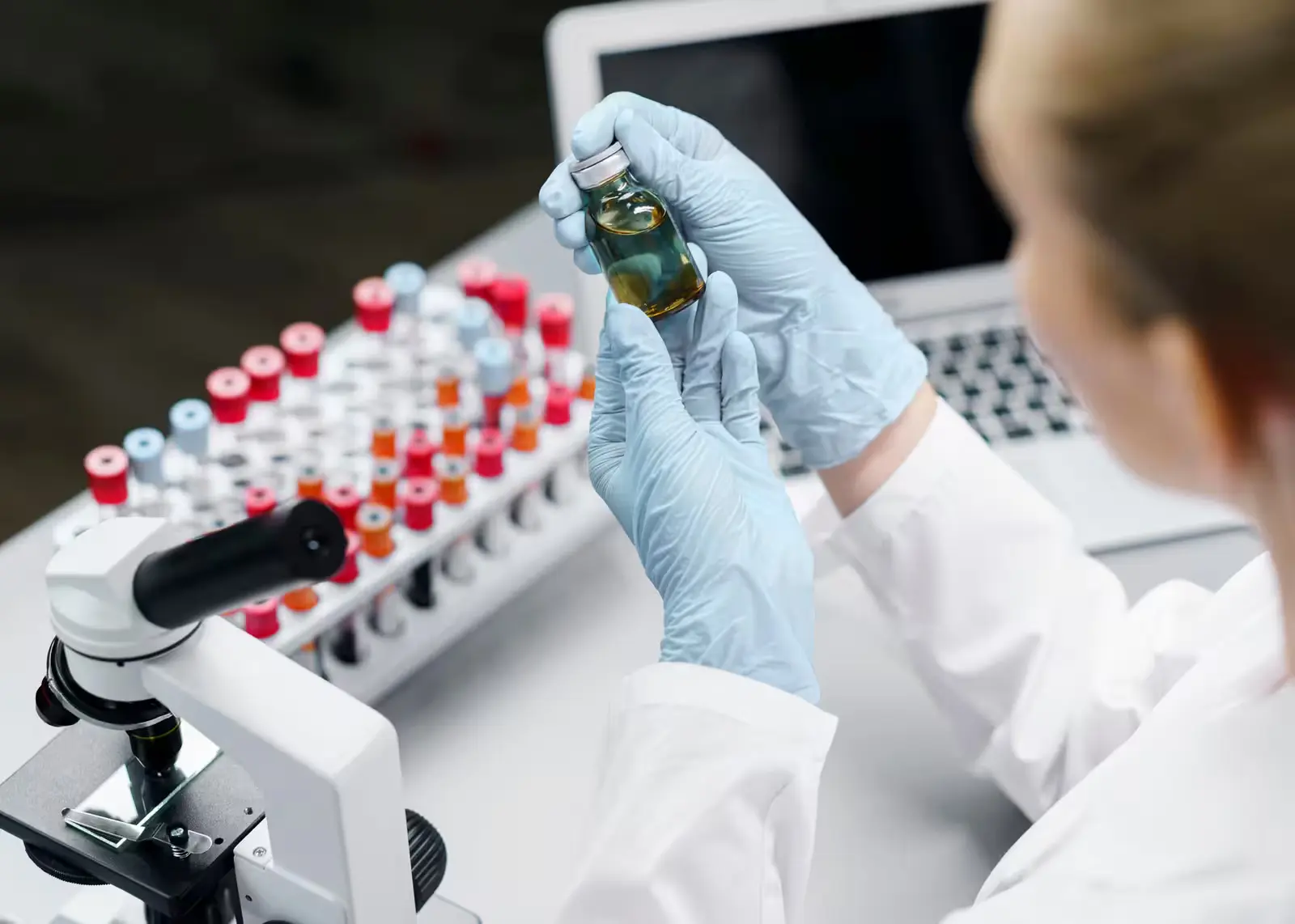Ministry of Health of Russia plans to amend the procedure for making changes to registration certificates for defective drugs, as outlined in Government Resolution No. 440 dated March 23, 2022. The agency considers it necessary to extend the legal act’s application to the registration process of drugs whose active substances are not produced domestically.
In addition, the draft regulation prepared by the regulator proposes to apply the norms of Government Resolution No. 593 dated April 5, 2022, regarding the special handling of drugs in cases of defects or the risk of their occurrence when registering this category of drugs.
In the explanatory note to the document, the developer states that if the document is adopted, “the possibility of expedited state registration of drugs that do not have production in the Russian Federation will be achievable regardless of the current availability and stock of drugs in medical and pharmacy organizations, as well as the volume of introduction into civil circulation and production volumes.”
Upon the approval of changes, a legal entity will be able to register a biological drug, the production of which is not localized in the Russian Federation at the time of application, by providing the Ministry of Health with information about the localization of its production. This includes the synthesis of the active substance molecule during the production of the pharmaceutical substance, the production of the finished dosage form, the provision of primary and secondary packaging, and the implementation of quality control.
In the case of chemically-derived drugs, the registering entity must provide information on the localization of the production of the finished dosage form, the provision of primary and secondary packaging, and the implementation of quality control.
Registration of such drugs, as indicated in the draft, will be possible after the conclusion of an interagency commission regarding the absence of localization of the production of the active substance of the registered drug in the territory of the state. The Ministry of Health proposes to establish a period of 90 days for the commission to conduct such an expert evaluation. The total period for the regulator to consider the application for drug registration may take up to 100 working days, as stated in the document.
The proposed changes by the Ministry of Health may significantly alter the status quo in the domestic pharmaceutical industry. In particular, the absence of defects in original drugs allows foreign companies to build a defense strategy in patent disputes. For example, this strategy is employed by the British-Swedish company AstraZeneca in the protection of its patent for Tagrisso (osimertinib).
The last extension of the validity of Government Resolutions No. 440 and No. 593 was in the summer of 2023, until the end of 2024.
Source: Vademecum, September 4, 2024.








